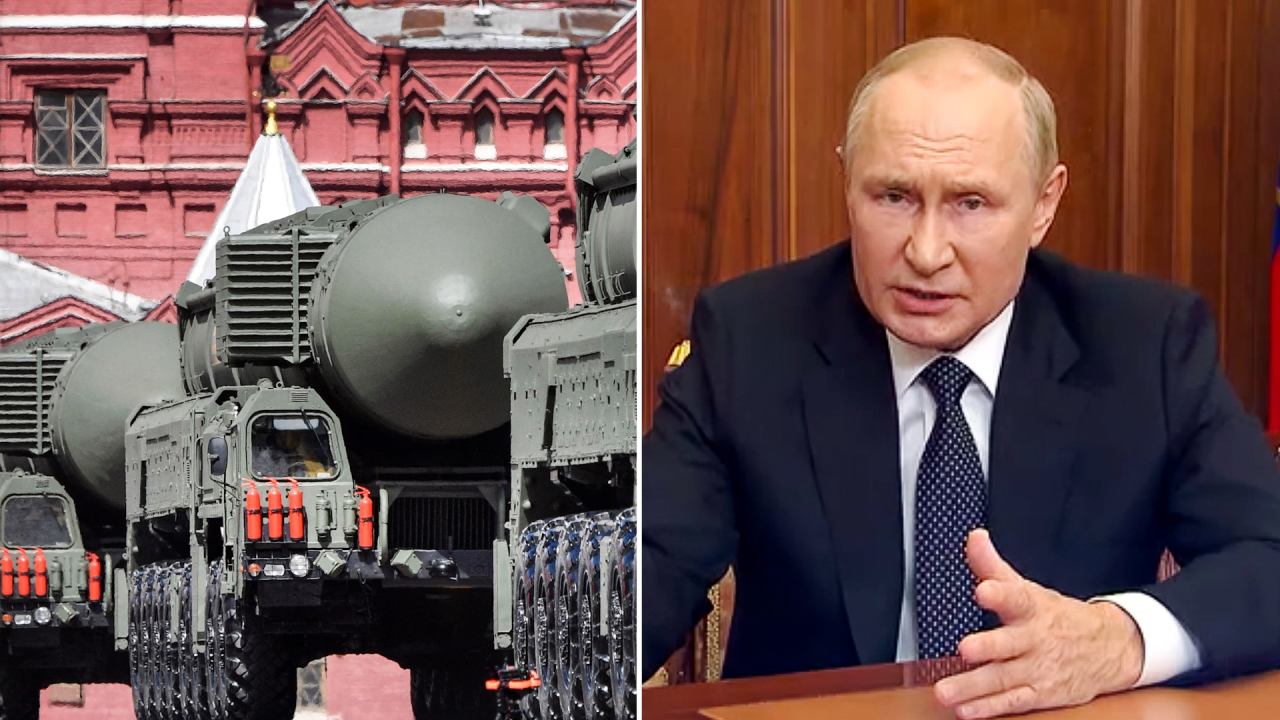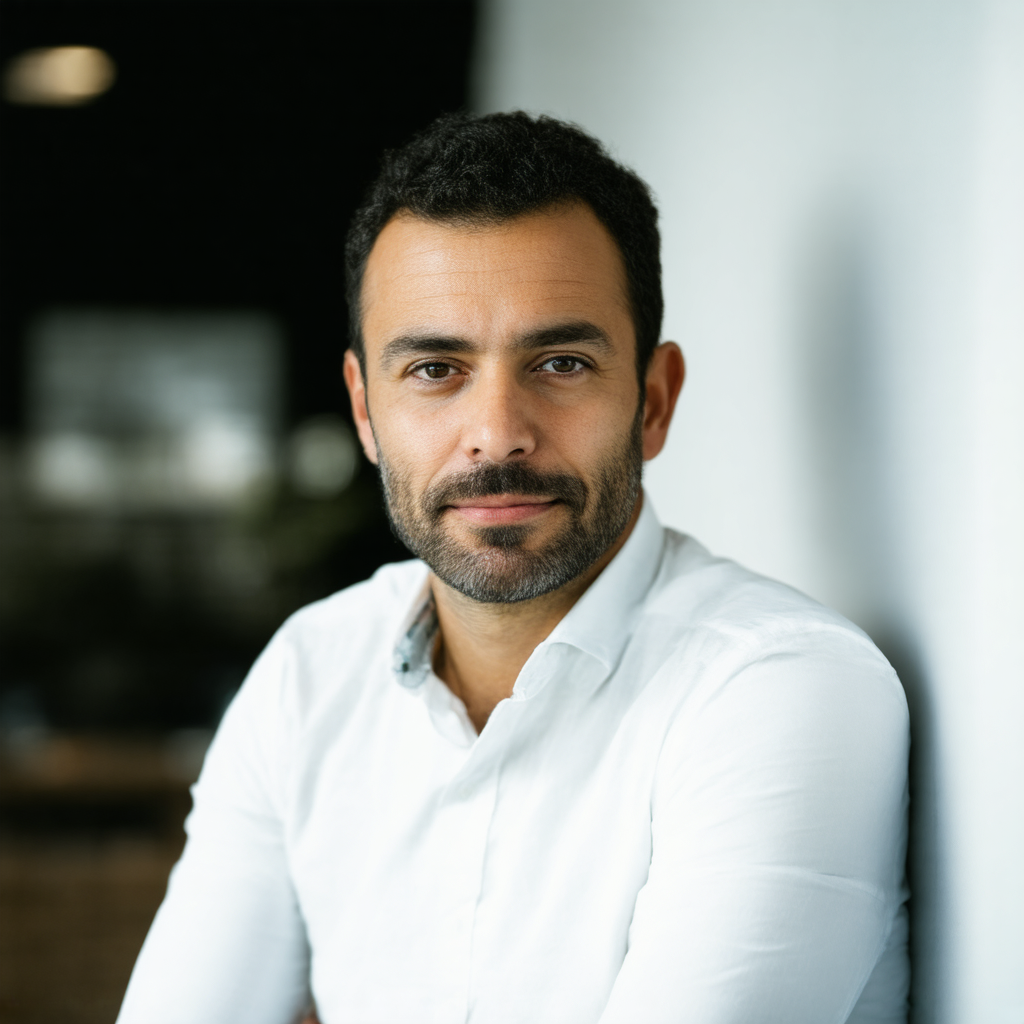
As the world watches in uneasy silence, Vladimir Putin’s recent threats to deploy nuclear weapons have sent shockwaves through global society. The specter of nuclear annihilation, a relic of the Cold War, has reappeared in the modern era, casting a long shadow over humanity’s collective future. This is not just a geopolitical gambit; it is a direct threat to the survival of life on Earth.
The warning signs were subtle at first—a series of veiled remarks during Putin’s speeches, a sudden increase in military exercises near Russia’s borders. Then came the bombshell: an outright admission from the Russian president that he was considering the use of nuclear weapons as a last resort in his ongoing conflict with Ukraine. The words hung in the air like a curse: “We have such weapons to respond to any threat.”
In Moscow, emergency alerts blared across city screens, reminding citizens of the grim reality. Subways emptied as people rushed to secure locations. Social media exploded with fear and uncertainty. In Kyiv, Ukrainian officials scrambled to prepare for the worst-case scenario, while NATO allies convened in emergency sessions. The calm before what could be an apocalyptic storm was palpable.
Putin’s nuclear brinkmanship is not without precedent. But it is a dangerous escalation that reflects his regime’s willingness to gamble with humanity’s future. This isn’t just about Ukraine—it’s about rewriting the rules of international conflict, testing the world’s resolve to stand against such threats.
The implications are staggering. A nuclear exchange would cause catastrophic damage beyond borders, disrupting global climate patterns, contaminating water supplies, and triggering a humanitarian crisis on an unimaginable scale. The economic fallout would send shockwaves through markets, erasing years of progress in poverty reduction and development.
Yet amidst the chaos, there is hope. The international community must unite to counter this existential threat. Diplomacy must prevail over brinkmanship, and unity must overcome division. The lessons of the past remind us that even in the darkest moments, humanity can find a path forward.
But time is running out. The clock is ticking—not just on Ukraine, but on our shared future. As the world braces for what could be the defining conflict of our time, the question remains: will we act with courage and solidarity, or will we allow fear to dictate our destiny?
The answer lies in our collective hands. Let us not forget that peace is always an option.
About the Author:
Luis Gomes is Investigative Reporter at our publication. Reporter with a background in investigative journalism, focusing on human rights and social justice. Luis has worked across Latin America and Europe, uncovering stories that resonate globally.
 Journalist and photographer with a focus on Middle Eastern youth and their cultural contributions. Aisha’s work bridges traditional and modern storytelling in the region.
Journalist and photographer with a focus on Middle Eastern youth and their cultural contributions. Aisha’s work bridges traditional and modern storytelling in the region. Writer and researcher specializing in Asian arts and migration stories. Bella’s work explores how young Asians are shaping global culture through their experiences.
Writer and researcher specializing in Asian arts and migration stories. Bella’s work explores how young Asians are shaping global culture through their experiences. Reporter with a background in investigative journalism, focusing on human rights and social justice. Luis has worked across Latin America and Europe, uncovering stories that resonate globally.
Reporter with a background in investigative journalism, focusing on human rights and social justice. Luis has worked across Latin America and Europe, uncovering stories that resonate globally. Sarah is a seasoned journalist with over 15 years of experience in global news and media. She has led teams in some of the world’s most challenging reporting environments, bringing a vision for storytelling that connects cultures and empowers voices.
Sarah is a seasoned journalist with over 15 years of experience in global news and media. She has led teams in some of the world’s most challenging reporting environments, bringing a vision for storytelling that connects cultures and empowers voices.